Chap Book 3–An 18th Century Love Letter
A GRANITE BAY DESIGN MICROSITE![]() WOODCUTS BY JOSEPH CRAWHALL
WOODCUTS BY JOSEPH CRAWHALL
An Eighteenth Century Love Letter
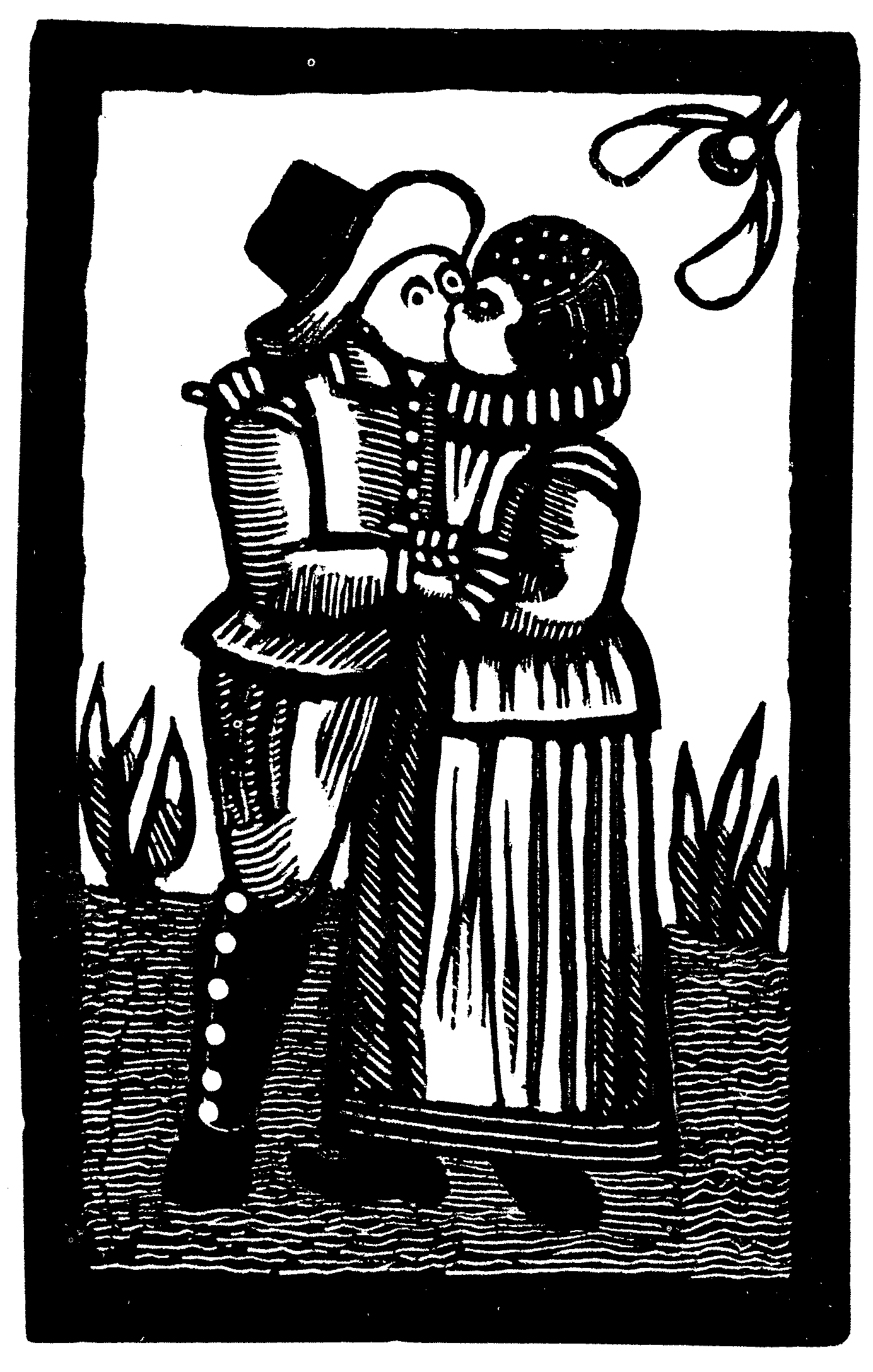 Antonia, I love you. Three simple little words, and yet never uttered or inscribed in ink by me to another living soul, only to you. I will never love another as I love you. I will never cherish another as I cherish you. I will always love only you.
Antonia, I love you. Three simple little words, and yet never uttered or inscribed in ink by me to another living soul, only to you. I will never love another as I love you. I will never cherish another as I cherish you. I will always love only you.
This is the happiest day of my life. For it is the first day of the rest of my life, with you. Not yesterday when we were married, with witnesses in attendance, up before parson and reciting what others have done before us and will do after us. Me nervous, and you serene and steadfast. I could not wait for the ceremony to be over with, and our guests to leave. Yesterday was still the getting there, but today, now, here, just the two of us, today I am your husband and you are my wife. It still leaves me dazed to write such words, for I truly believed I would never marry. And then into my life you stepped, or should I say twirled, in your whirlwind of silks and smiles…
You sleep peacefully in our bed, while I cannot sleep at all. I fear falling asleep and waking to find you gone, of finding myself alone. I am sure this apprehension will ease with every night we spend together as a married couple, until one night I will fall asleep with you in my arms, and wake to you still snuggled in my embrace, and think it the most natural state in all the world. But do not ever think for a moment I will take you or our marriage for granted. It is precious; henceforth I pledge to nurture our union for the rest of my days.
You told me that once we shared a bed you found you could no longer sleep without me. I can no longer live without you. For with you I am truly who I am meant to be. I wonder now if I have been walking about as one dead, or as a specter, with sight, hearing and touch, but without the ability to feel.
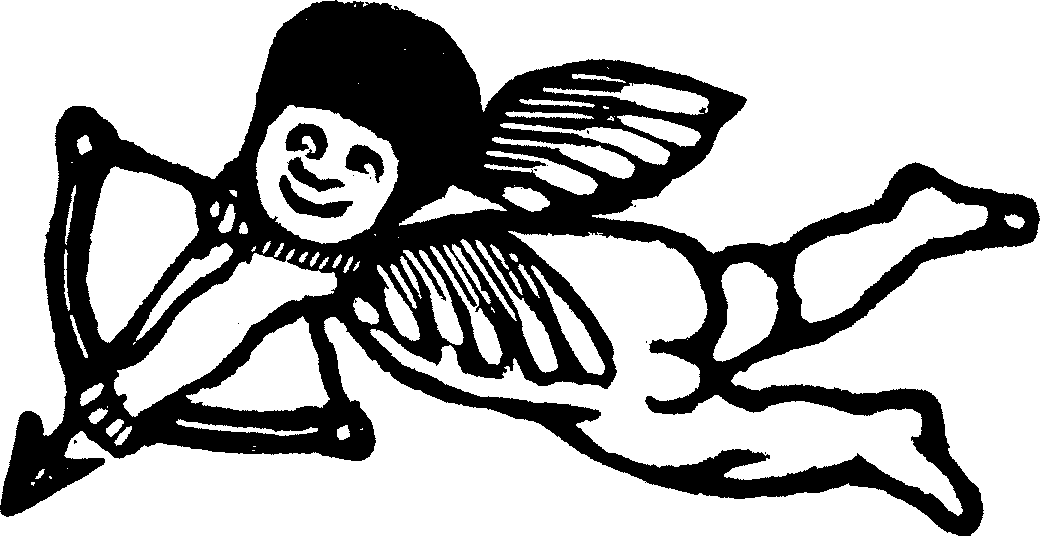 It is as if I have floated through life without experiencing any of it. When did I become like this? How have I walked the halls of kings in such a paralyzed state: Eating without tasting, looking without seeing, touching without feeling. And all the time with a heart that was disdainful, and a soul that was wasted. Until you.
It is as if I have floated through life without experiencing any of it. When did I become like this? How have I walked the halls of kings in such a paralyzed state: Eating without tasting, looking without seeing, touching without feeling. And all the time with a heart that was disdainful, and a soul that was wasted. Until you.
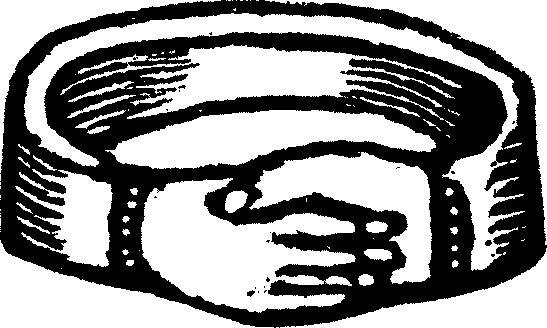 I have always considered my birthright a burden to be endured, and in the most arrogant of ways. I am well aware of my preeminent place in this world, and I own to being conceited and vain. I have often taken without a thought to the consequences to others, and without giving freely in return. I am by nature wary and reserved. All this you know and accept, and have never been in awe. Nor have you ever doubted my right to be as I am. You love me unconditionally, and for that alone I am blessed. You have given me a wondrous gift.
I have always considered my birthright a burden to be endured, and in the most arrogant of ways. I am well aware of my preeminent place in this world, and I own to being conceited and vain. I have often taken without a thought to the consequences to others, and without giving freely in return. I am by nature wary and reserved. All this you know and accept, and have never been in awe. Nor have you ever doubted my right to be as I am. You love me unconditionally, and for that alone I am blessed. You have given me a wondrous gift.
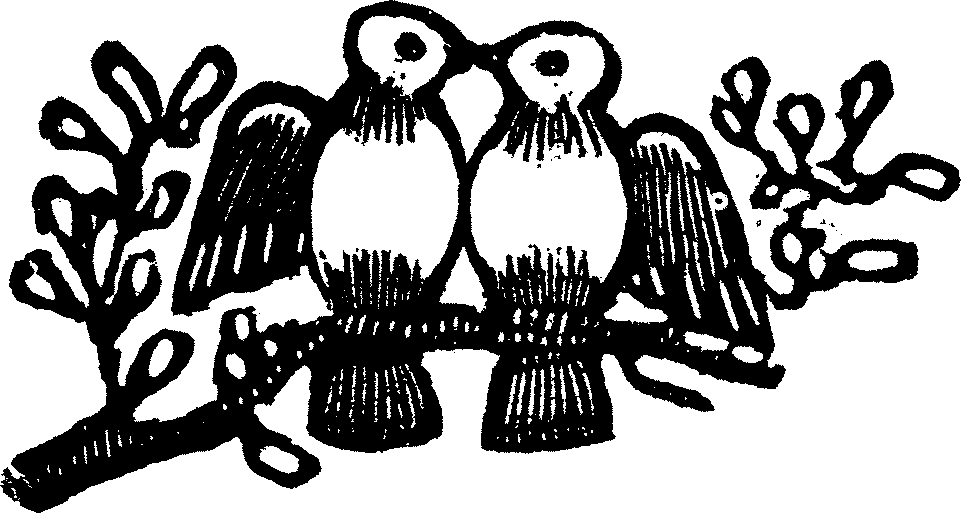 You have always been prepared to see the good in others, first and foremost, and only want the best for them. I marvel at how you find joy in living each day to the full. To look on you, to be with you, to experience life in your company, is to be complete.
You have always been prepared to see the good in others, first and foremost, and only want the best for them. I marvel at how you find joy in living each day to the full. To look on you, to be with you, to experience life in your company, is to be complete.
For you alone I strive to be a better man; to live a better life; to know its joys and its pleasures; to never disappoint you; and never will I squander a single moment of the life that is left to me—with you.
With this letter I enclose some lines of verse, with apologies to the seventeenth century poetess for taking liberties with her prose. You have my whole heart, my body, and my soul.
I am eternally yours,
Renard
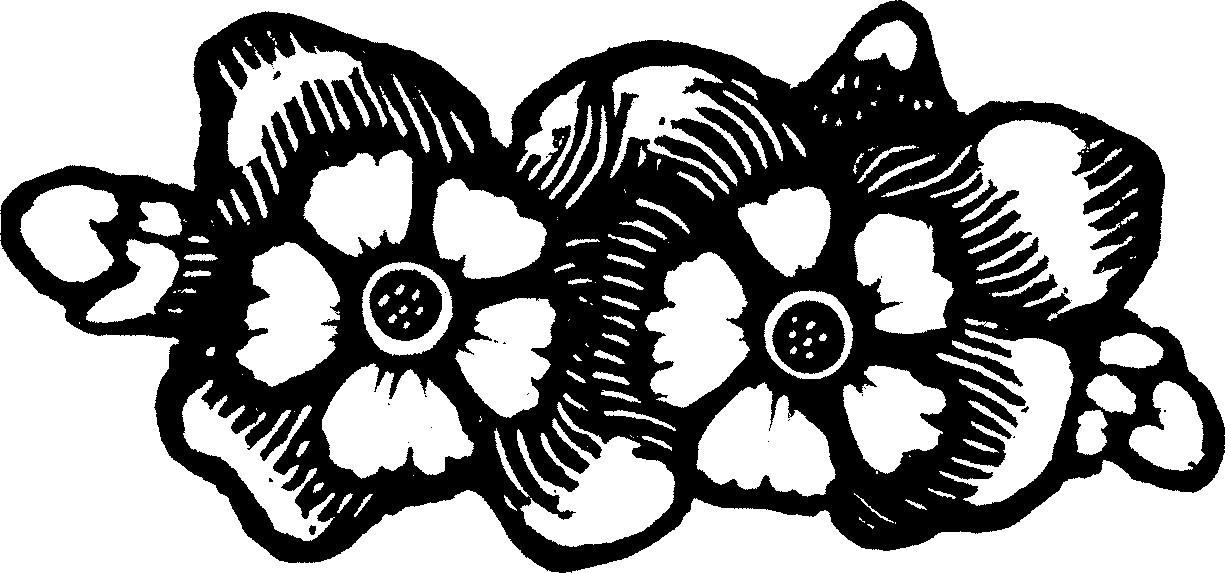

Aesop’s Fables: The Crow and the Pitcher
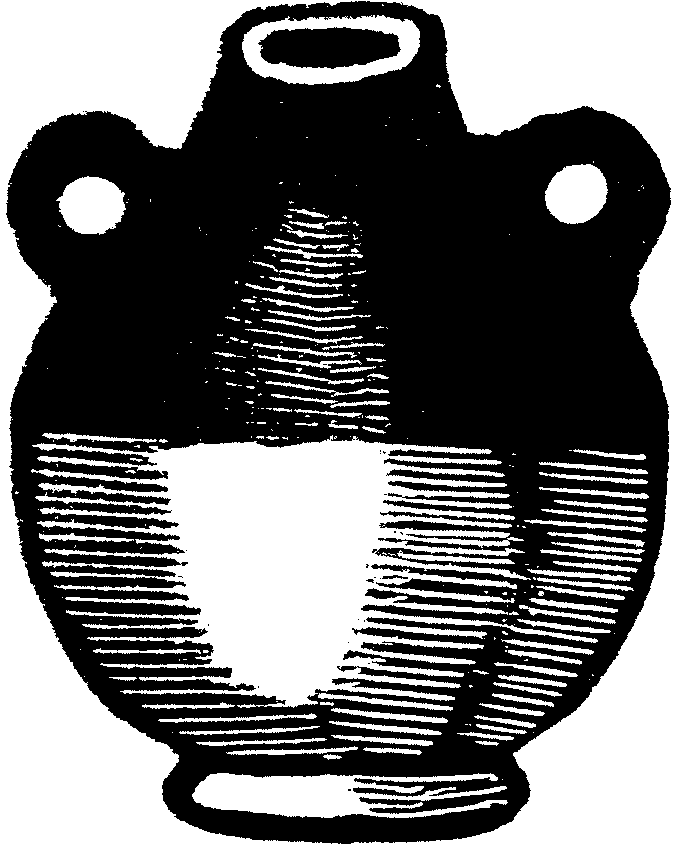
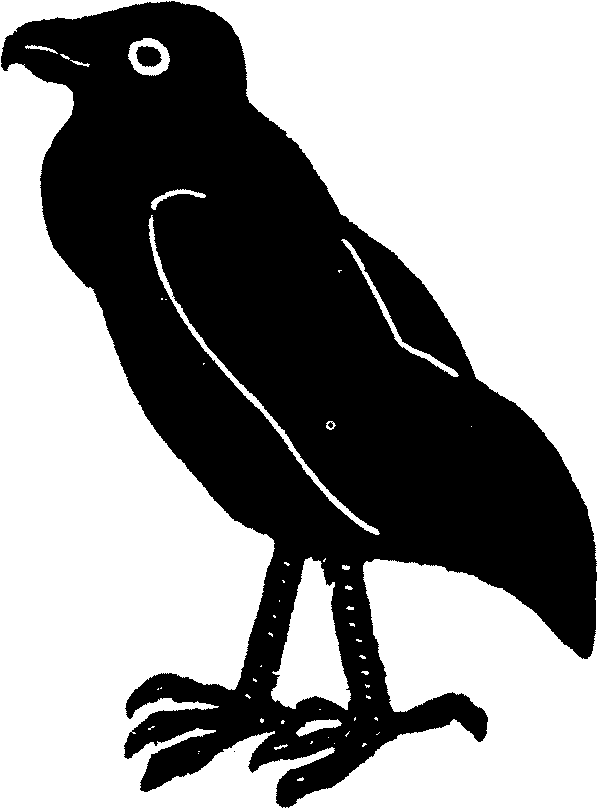 In a spell of dry weather, when the Birds could find very little to drink, a thirsty Crow found a pitcher with a little water in it. But the pitcher was high and had a narrow neck, and no matter how he tried, the Crow could not reach the water. The poor thing felt as if he must die of thirst.
In a spell of dry weather, when the Birds could find very little to drink, a thirsty Crow found a pitcher with a little water in it. But the pitcher was high and had a narrow neck, and no matter how he tried, the Crow could not reach the water. The poor thing felt as if he must die of thirst.
Then an idea came to him. Picking up some small pebbles, he dropped them into the pitcher one by one. With each pebble the water rose a little higher until at last it was near enough so he could drink.
Lesson: In a pinch a good use of our wits may help us out.

Song of the Fisherman’s Wife
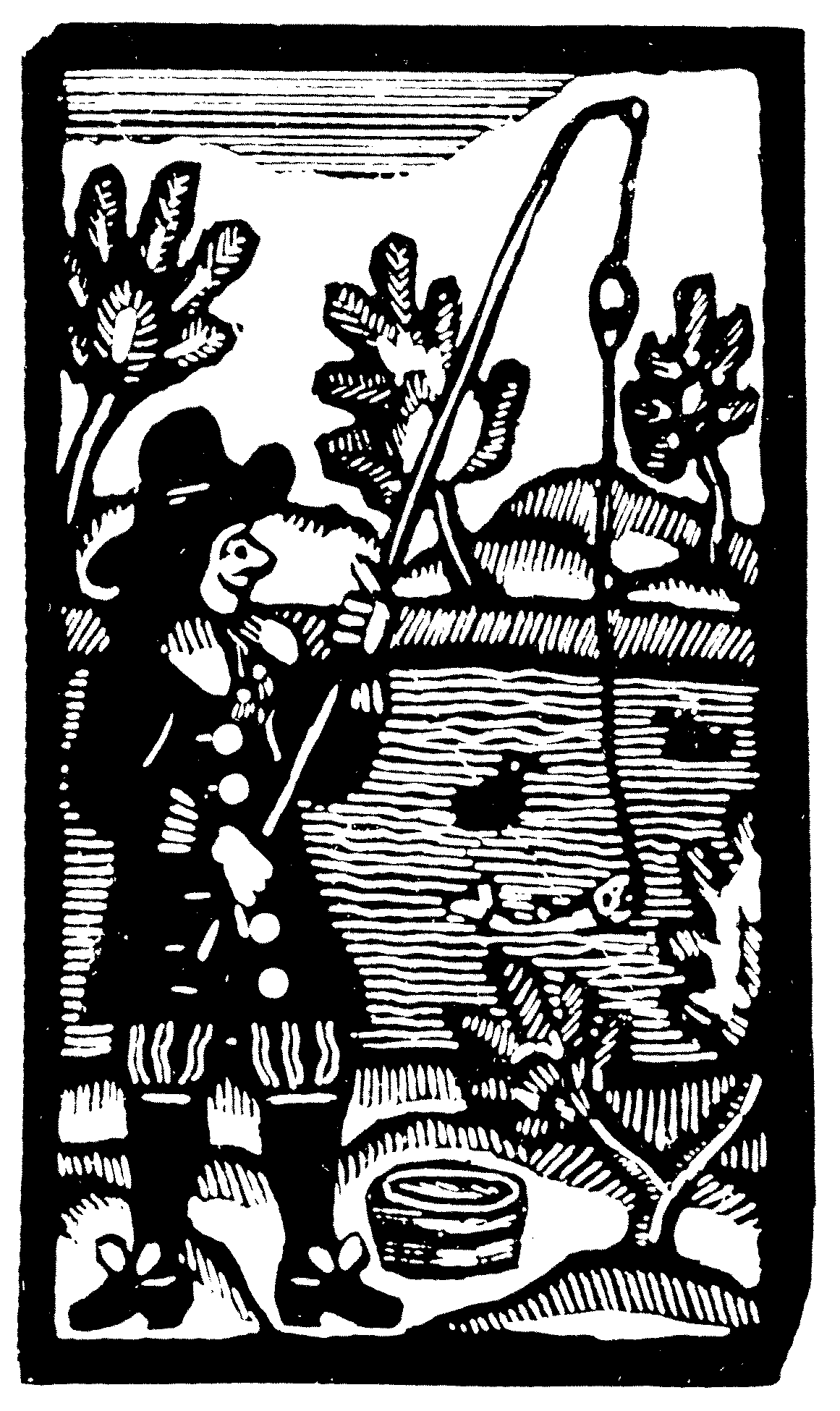

Hush, restless wave! and landward gently creeping,
No longer sullen break;
All nature now is still and softly sleeping,
And why art thou awake?
The busy din of earth will soon be o’er,
Rest thee, oh rest upon thy sandy shore.
Peace, restless sea; e’en now my heart’s best treasure
Thou bearest on thy breast;
On thee he spends a life that knows no leisure
A scanty wage to wrest.
Be kind, O sea, whose limits boundless are,
And rest, oh rest, upon thy sandy bar.
Ah, cease to murmur: stay thy waves from warring,
And bid thy steeds be still;
Why should’st thou rage, when not a breeze is stirring
The treetops on the hill?
To sheltered haven bring my husband’s bark
Ere yet the shadows fall and night grows dark.
Full well may women weep, we wives and daughters
Whose men are on the deep;
But who can tell our anguish when thy waters
In stormy anger leap?
Be gentle to him, sea, and rage no more,
But rest, oh rest, upon thy sandy shore.
Thou heedest not, O sea without compassion,
But ravenest for thy prey;
I turn to One who can control thy passion,
And wildest waves allay;
And He will take my loved one ’neath His care,
And make thee rest upon thy sandy bar.


